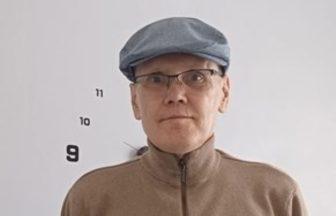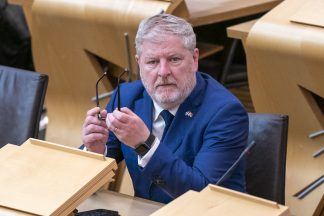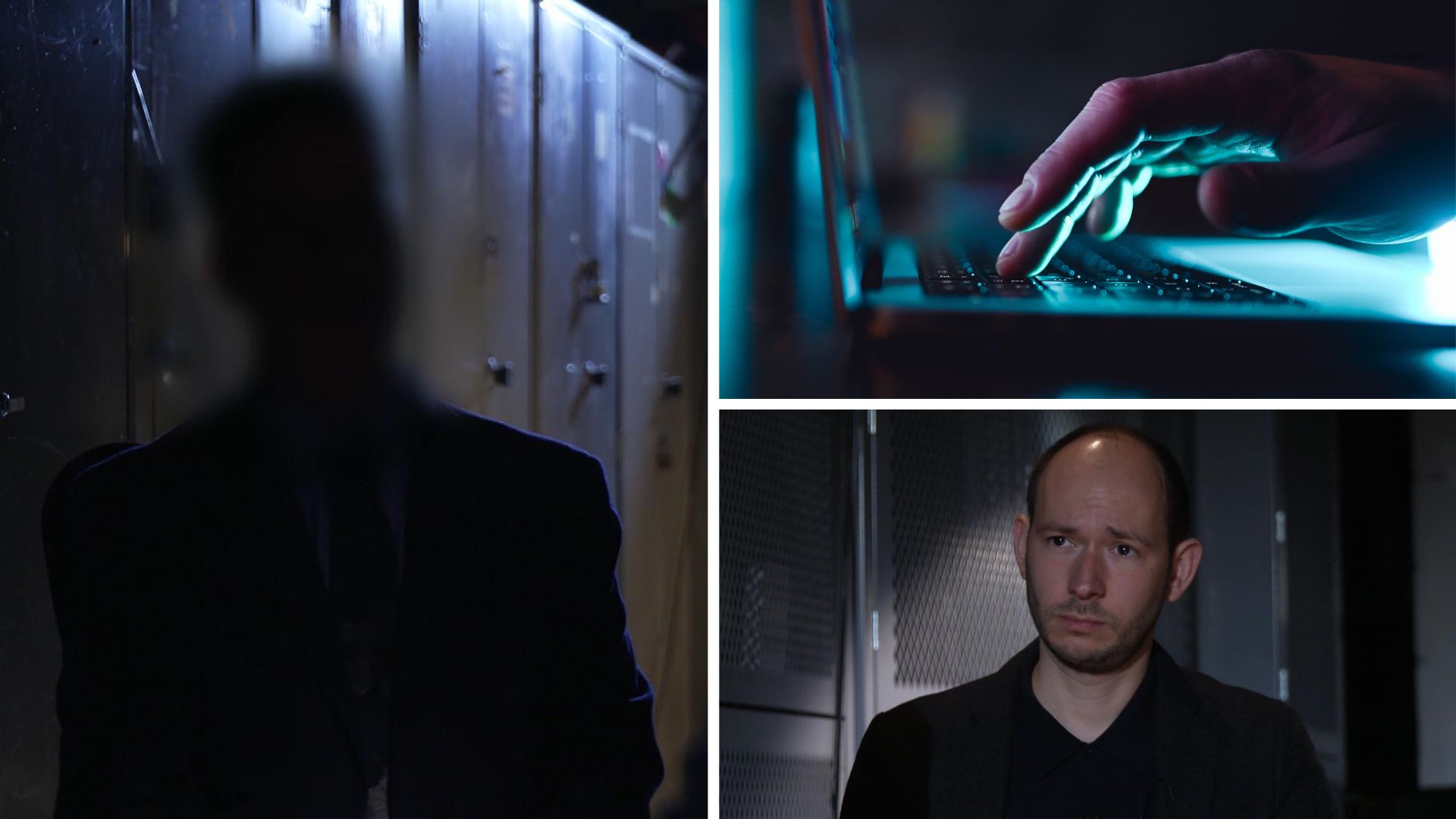Politicians are being urged to “radically up their game” as a report revealed that 80,000 children in Scotland are living in “very deep poverty”.
Research by the Joseph Rowntree Foundation (JRF) found that while overall child poverty in Scotland has fallen, an increasing proportion of impoverished youngsters are in what is classed as “very deep poverty”.
It estimated that in affected households where there are two parents and two children, they would need an additional £1,100 a month to lift them above the poverty line.
While First Minister John Swinney has made eradicating child poverty a key priority for his government, the report said that with some 80,000 youngsters in very deep poverty, this was “around the population of children aged 16 or under in Edinburgh”.
The JRF report said: “That one child and their family has to get by on such low incomes is a tragedy. That 80,000 do should enrage and empower our politicians and decision-makers to vanish this hardship from our country.”
It urged politicians to act, saying: “As we approach the next Scottish election, parties aspiring to government must radically up their game to help the 80,000 children in very deep poverty.”
The report shows that overall child poverty in Scotland has fallen from 32% in 1994–97 to 24% in 2020–23.
But it said that “the risk of deep and very deep poverty has changed less over the period, meaning that a higher proportion of children living in poverty now are in very deep poverty than they were in 1994–97”.
In 1994–97, it said that one in five children in poverty were living in very deep poverty – but added that this had now risen, with one in three children in poverty classed as being in “very deep poverty”.
The Scottish Government has already missed its interim target for reducing child poverty, and the JRF warned that meeting the overall goal of cutting child poverty to 10% by 2030 will be “almost impossible” without action to help those suffering the most.
The think tank warned action would need to be significant, saying: “Solutions that raise incomes marginally are not going to lift this third of children in poverty out of poverty.”
In its study, the JRF noted that more than two-fifths of children in very deep poverty are living in a household where no one is in work, while more than a third are in a household “pulled into very deep poverty by housing costs”.
JRF associate director for Scotland Chris Birt said: “If this happened overnight, it would be an emergency. The outcry should be the same even if we’ve got here after 30 years.
“Politicians want to rebuild trust in politics so they must take action for these children that are being left behind. And take that action at scale.
“We know the drivers of poverty in Scotland are poor work, poor housing and even poorer social security. You can’t pull one of these levers only and expect the substantial impact we need to see. Progress on all three will truly give children in Scotland a more hopeful future.”
As well as demanding action from politicians at Holyrood, he said Westminster could play a “massive role” in dealing with the problem.
Mr Birt said: “Whichever party wins the next Holyrood election will carry the heavy burden of meeting the Scottish Parliament’s child poverty targets.
“Succeeding against the target will deliver a Scotland where all our children are able to flourish, and trust in our political institutions can be restored.
“The UK Government must also not sit idly by – it can also play a massive role in improving the lives of children in Scotland and across the UK. They must also keep up their end of the bargain.”
Social justice secretary Shirley-Anne Somerville insisted Scottish Government policies to tackle child poverty are working – but said these policies were “having to work harder than ever to make a difference, against a backdrop of a continuing cost-of-living crisis, rising energy costs and UK Government decision making”.
Ms Somerville added: “Recently published statistics show that the proportion of children living in relative poverty has reduced while the proportion in absolute poverty has also fallen, with the annual figure the lowest in 30 years.
“We are committed to doing all that we can, with the 2025-26 Scottish Budget prioritising action to eradicate child poverty, including through investment in breakfast clubs, employability support and to develop the systems to mitigate the two-child limit.
“On average, households with children in the poorest 10% of households are estimated to be £2,600 a year better off in 2025-26 as a result of Scottish Government policies, with this value projected to grow to an average of £3,700 a year by 2029-30.
“While JRF predict child poverty will rise in other parts of the UK by 2029, they highlight that policies such as our Scottish Child Payment, and our commitment to mitigate the two-child limit, ‘are behind Scotland bucking the trend’.
“But decisions taken by successive UK governments are holding us back, and the spring statement will only make things worse. The DWP’s own figures show that proposed welfare cuts will drive 50,000 more children into poverty.”
Follow STV News on WhatsApp
Scan the QR code on your mobile device for all the latest news from around the country


 PA Media
PA Media

























